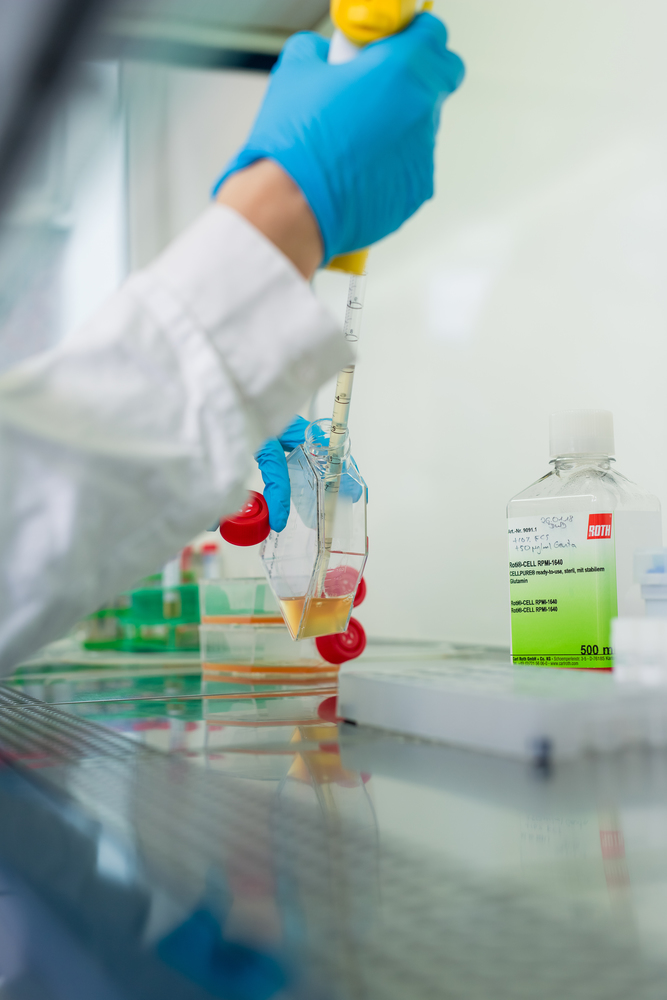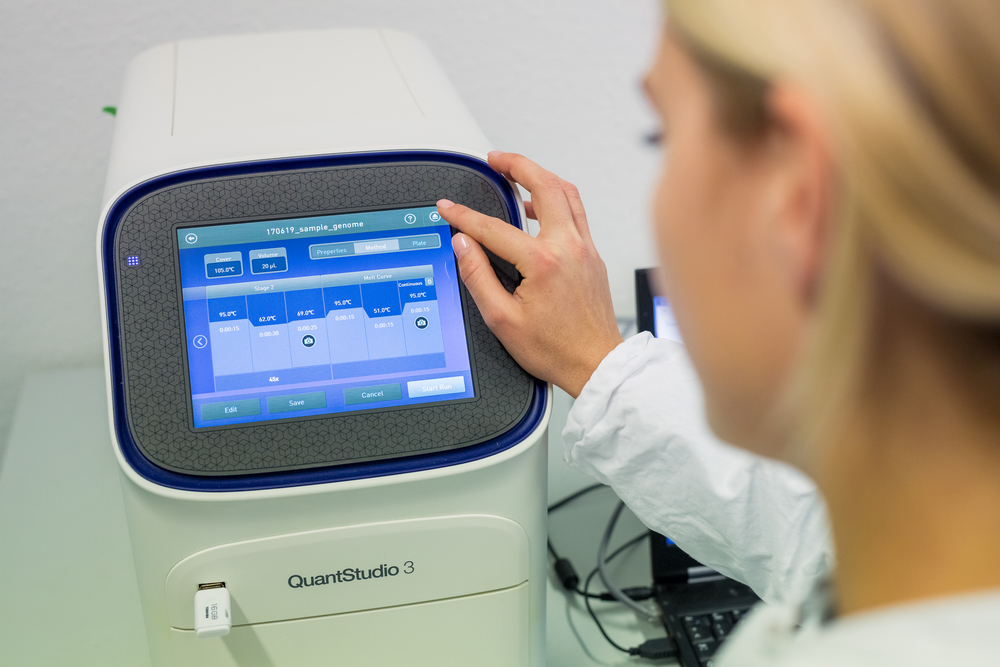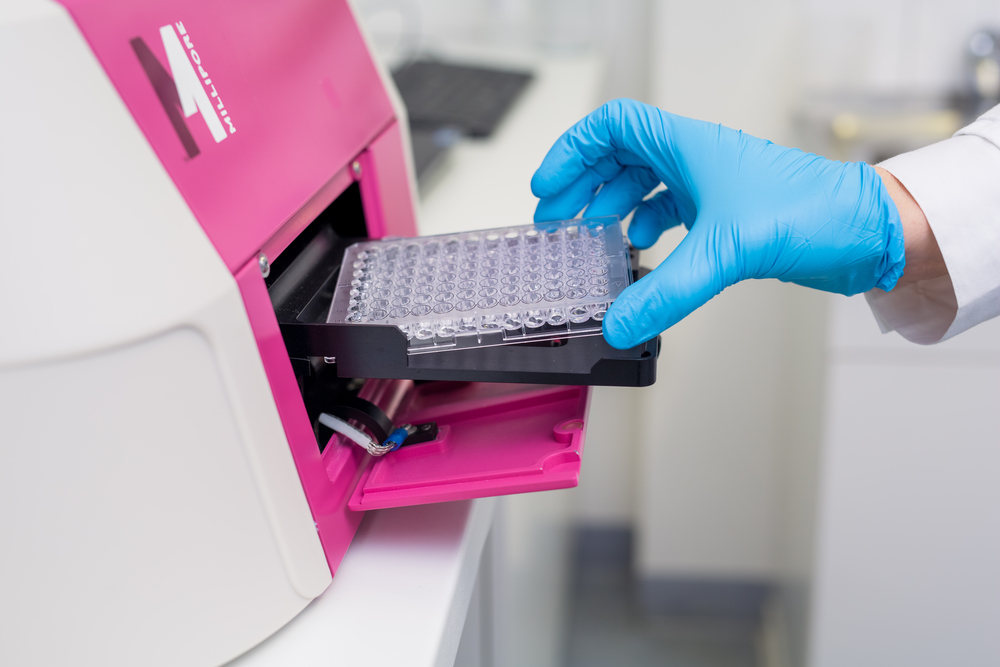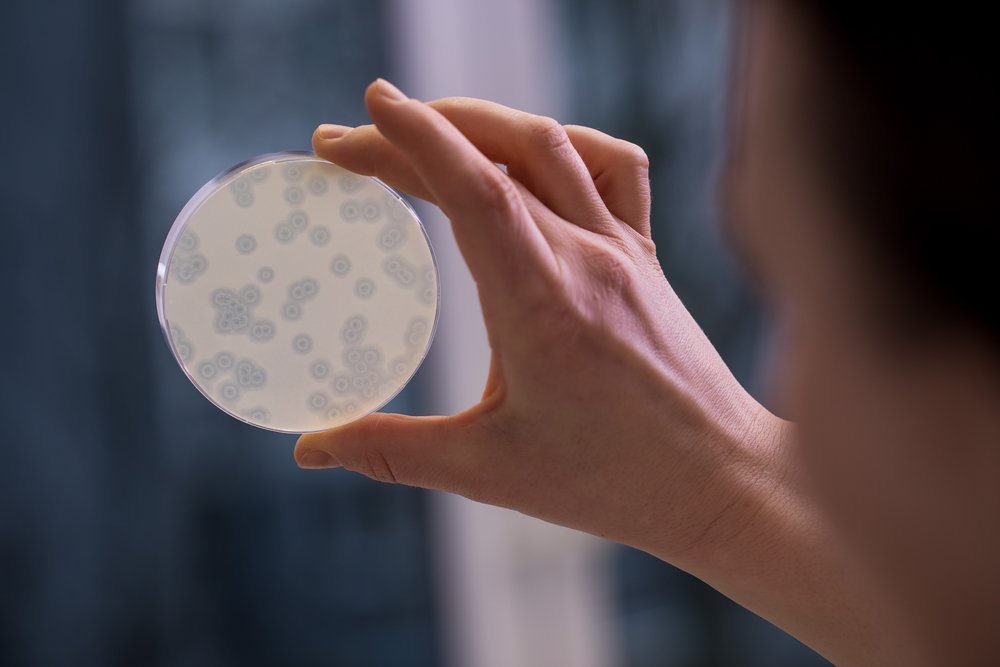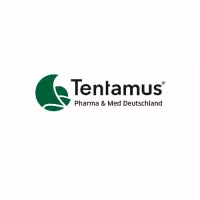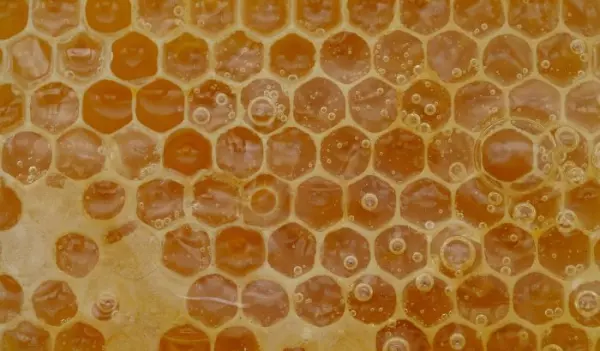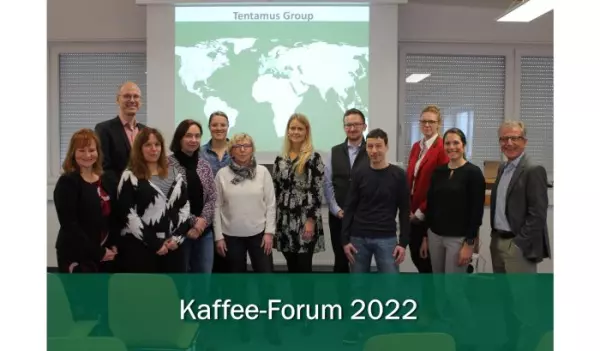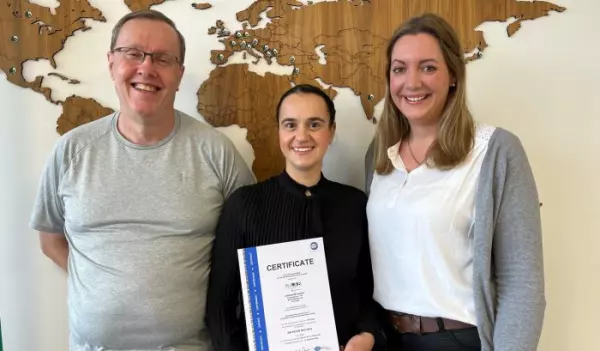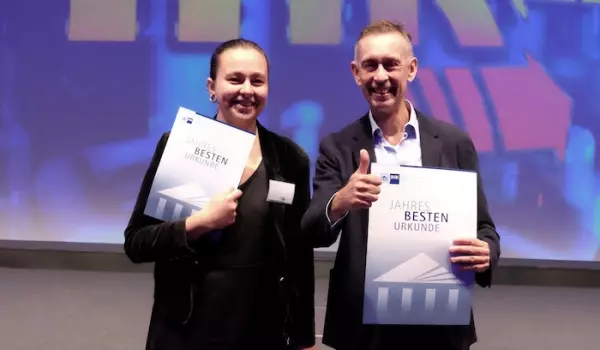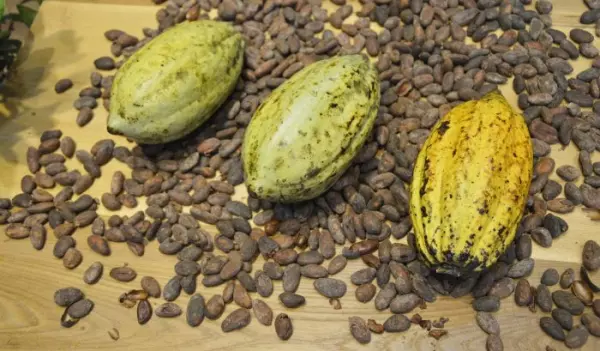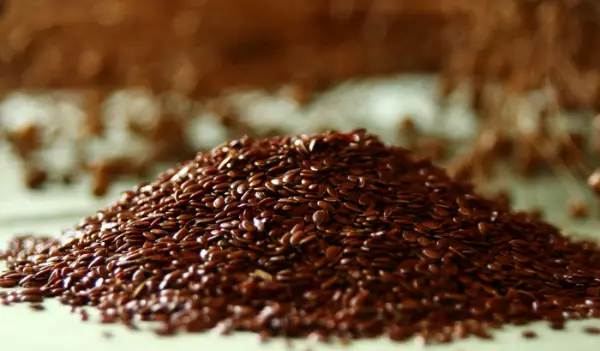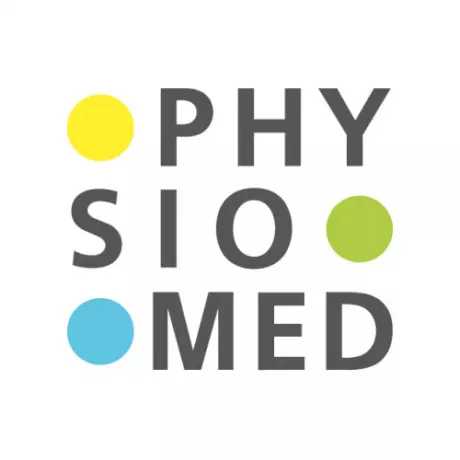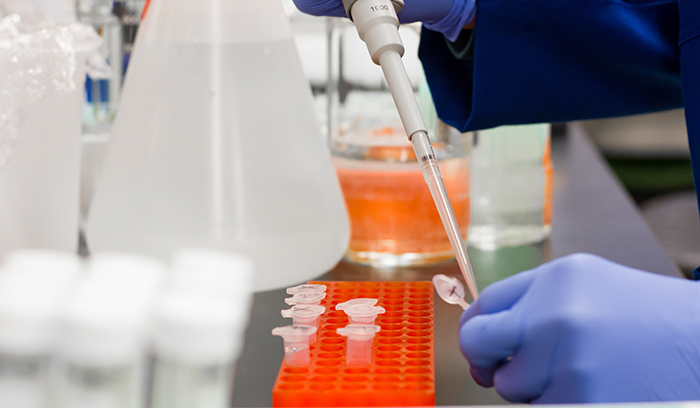
With the first approval of an insect as a new type of food, edible insects are becoming more and more important on the German food market: At the beginning of May, the Federal Office for Consumer Protection and Food Safety (BVL) published that the yellow mealworm was the first insect to be approved within the EU.
Insects for which this approval has been applied for are usually easy to breed, have a short life cycle, require little space and are considered a valuable source of food because they often have high protein contents (including all essential amino acids). In addition, they need less feed than cattle for the same amount of protein, so they can be marketed as climate-friendly.
The dried larva of the meal beetle Tenebrio molitor (mealworm) can be sold whole or ground. It can also be used as an ingredient of up to 10 percent in various foods, such as pasta or biscuits.
Although mealworms are generally considered to be safe to eat, the possibility of allergic reactions in sensitive people is warned. Therefore, the label must indicate possible cross-reactions to allergies to crustaceans or house dust mites.
This means that options for checking for the presence of Tenebrio molitor in foods are also important, as could occur, for example, through carry-over. At lifeprint GmbH , a company of the Tentamus Group based in Illertissen, real-time PCR proof for Tenebrio molitor is available. Another insect, the cricket ( Acheta domesticus ), can also be specifically detected here. Approval has also been applied for for the cricket.
Another aspect to consider with insects as food is the food that the insects are raised with. It can contain other allergens, which could then also get into the food - the intestine and its contents are usually also consumed.
Other parameters that were noticeable when insects were used as food are also under observation: sometimes high total aerobic bacterial counts, the survival of spore formers after thermal processing or the bioaccumulation of heavy metals (e.g. cadmium). Various laboratories of the Tentamus Group such as the BAV Institute in Offenburg or bilacon GmbH in Berlin can help you with these questions.
Contact:
Dr. Katrin Neumann
Site management lifeprint GmbH
T +49 (0) 7303 95105 18
Katrin.neumann@lifeprint.de
Source: BVL Bund



